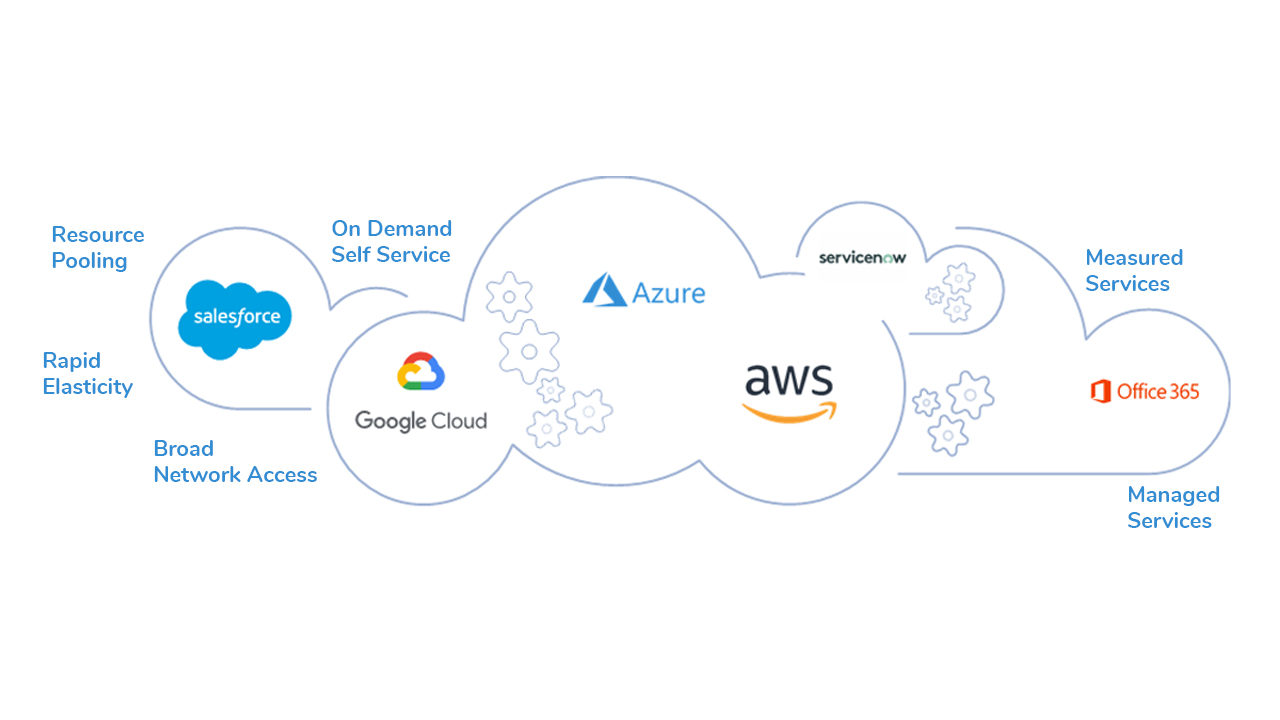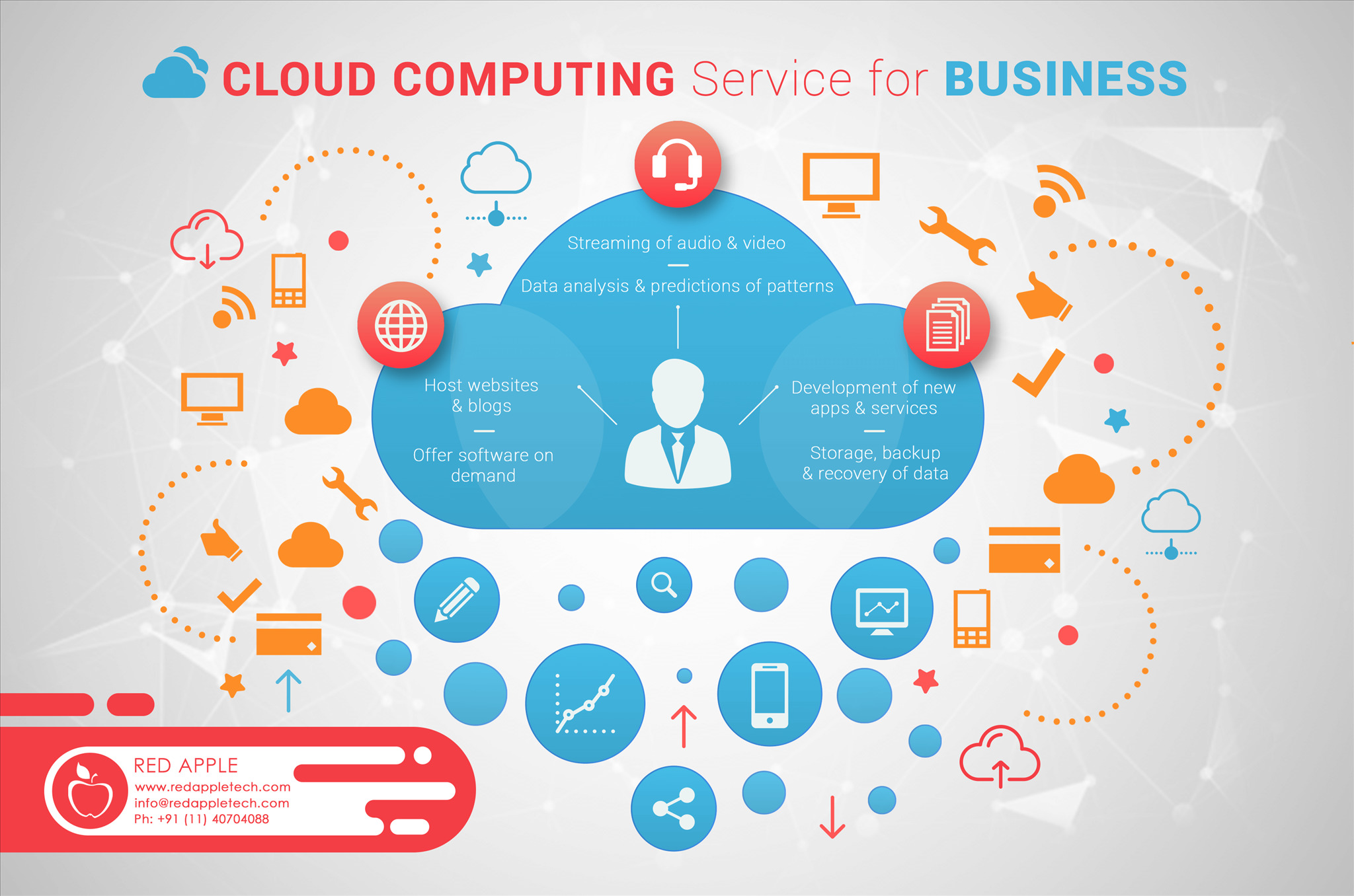Secure Your Information: Reputable Cloud Providers Explained
In an era where information breaches and cyber dangers impend big, the requirement for durable information security steps can not be overstated, especially in the realm of cloud services. The landscape of reputable cloud solutions is advancing, with file encryption strategies and multi-factor authentication standing as columns in the stronghold of sensitive info. Beyond these foundational components lie intricate methods and cutting-edge technologies that pave the method for an also more safe cloud environment. Recognizing these subtleties is not merely an option however a requirement for people and organizations seeking to browse the electronic world with confidence and durability.
Value of Data Protection in Cloud Solutions
Guaranteeing robust data safety procedures within cloud solutions is extremely important in securing sensitive information against prospective hazards and unapproved access. With the raising reliance on cloud solutions for storing and processing data, the requirement for strict safety methods has actually come to be much more important than ever before. Information violations and cyberattacks pose substantial dangers to organizations, bring about economic losses, reputational damage, and legal ramifications.
Carrying out solid verification devices, such as multi-factor verification, can assist prevent unapproved accessibility to shadow information. Normal security audits and vulnerability assessments are additionally important to identify and deal with any kind of powerlessness in the system immediately. Enlightening employees regarding ideal methods for information security and imposing strict access control plans even more enhance the general security posture of cloud services.
Furthermore, conformity with industry regulations and requirements, such as GDPR and HIPAA, is vital to make sure the protection of delicate information. Encryption methods, protected information transmission protocols, and data backup treatments play crucial duties in guarding information stored in the cloud. By focusing on information protection in cloud solutions, organizations can minimize threats and develop count on with their clients.
Encryption Methods for Data Protection
Effective data defense in cloud services relies greatly on the execution of robust encryption methods to protect sensitive details from unauthorized gain access to and prospective protection breaches. File encryption includes transforming information into a code to avoid unapproved individuals from reviewing it, making sure that even if information is obstructed, it remains indecipherable. Advanced File Encryption Requirement (AES) is widely used in cloud solutions as a result of its toughness and reliability in safeguarding data. This strategy utilizes symmetrical crucial file encryption, where the same key is used to secure and decrypt the information, making sure secure transmission and storage space.
In Addition, Transportation Layer Security (TLS) and Secure Sockets Layer (SSL) protocols are generally used to secure information throughout transportation between the individual and the cloud server, offering an extra layer of safety and security. File encryption essential management is important in maintaining the integrity of encrypted data, ensuring that tricks are firmly kept and handled to prevent unauthorized gain access to. By applying solid encryption methods, cloud provider can enhance data defense and impart rely on their users regarding the protection of their details.

Multi-Factor Authentication for Enhanced Security
Structure upon the structure of robust security methods in cloud services, the execution of Multi-Factor Authentication (MFA) works as an added layer of safety to enhance the defense of sensitive information. MFA needs users to give two or even more kinds of verification prior to giving accessibility to their accounts, making it substantially harder for unauthorized people to breach the system. This authentication method commonly includes something the user understands (like a password), something they have (such as a mobile device for getting verification codes), and something they are (like a fingerprint or face acknowledgment) By combining these variables, MFA reduces the threat of unauthorized gain access to, also if one element is jeopardized - universal cloud Service. This added protection measure is vital in today's electronic landscape, where cyber risks are increasingly innovative. Implementing MFA not only safeguards data but also enhances user confidence in the cloud solution copyright's commitment to data safety and personal privacy.
Data Back-up and Catastrophe Healing Solutions
Data backup includes creating duplicates of information to ensure its schedule in the event of information loss or corruption. Cloud services offer automated back-up options that routinely conserve data to secure off-site servers, reducing the danger of data loss due to hardware failings, cyber-attacks, or user mistakes.
Cloud service providers commonly provide an array of backup and disaster recovery choices customized to satisfy investigate this site various needs. Services must examine their information requirements, healing time purposes, and budget restraints to select the most ideal solutions. Normal testing and updating of back-up and disaster recovery strategies are vital to ensure their efficiency in mitigating data loss and lessening disturbances. By executing trustworthy information backup and disaster healing remedies, organizations can improve their information security position and preserve service connection in the face of unforeseen occasions.

Compliance Criteria for Data Personal Privacy
Offered the raising focus on data protection within cloud services, understanding and sticking to conformity additional hints criteria for information personal privacy is vital for organizations operating in today's electronic landscape. Conformity requirements for data personal privacy encompass a set of standards and laws that organizations should comply with to make certain the security of sensitive details saved in the cloud. These criteria are developed to protect information versus unauthorized accessibility, breaches, and misuse, thus promoting count on in between services and their clients.
One of one of the most widely known conformity standards for information privacy is the General Information Defense Policy (GDPR), which puts on organizations managing the individual data of individuals in the European Union. GDPR mandates stringent needs for information collection, storage space, and handling, imposing hefty fines on non-compliant organizations.
Furthermore, the Medical Insurance Mobility and Liability Act (HIPAA) sets requirements for shielding sensitive patient health and wellness details. Abiding by these compliance standards not just aids companies avoid legal consequences however also shows a dedication to information privacy and safety, boosting their reputation among customers and stakeholders.
Final Thought
Finally, ensuring data security in cloud services is critical to safeguarding sensitive details from cyber threats. By executing robust encryption techniques, multi-factor authentication, and reputable information backup options, organizations can alleviate risks of data breaches and preserve compliance with data personal privacy criteria. Abiding by ideal techniques in information safety not just safeguards useful info but also fosters trust fund with consumers and stakeholders.
In a period where information breaches and cyber threats impend huge, the requirement for robust information safety measures can not be overstated, specifically in the world of cloud services. Implementing MFA not just safeguards data but additionally improves customer self-confidence in the cloud service provider's dedication to data security and personal privacy.
Data backup click for info involves developing copies of data to guarantee its accessibility in the event of information loss or corruption. universal cloud Service. Cloud solutions supply automated back-up options that regularly conserve data to secure off-site web servers, reducing the threat of data loss due to equipment failures, cyber-attacks, or individual errors. By carrying out robust security techniques, multi-factor verification, and dependable information backup services, companies can mitigate dangers of information breaches and keep compliance with information privacy requirements